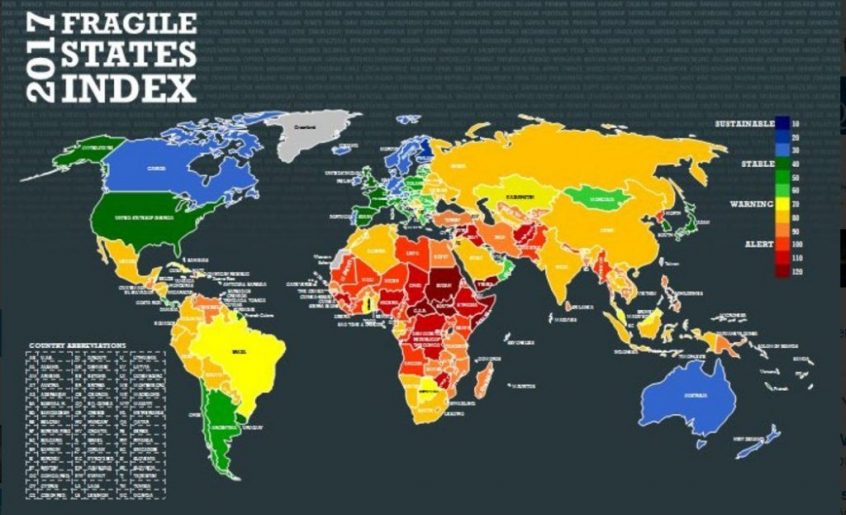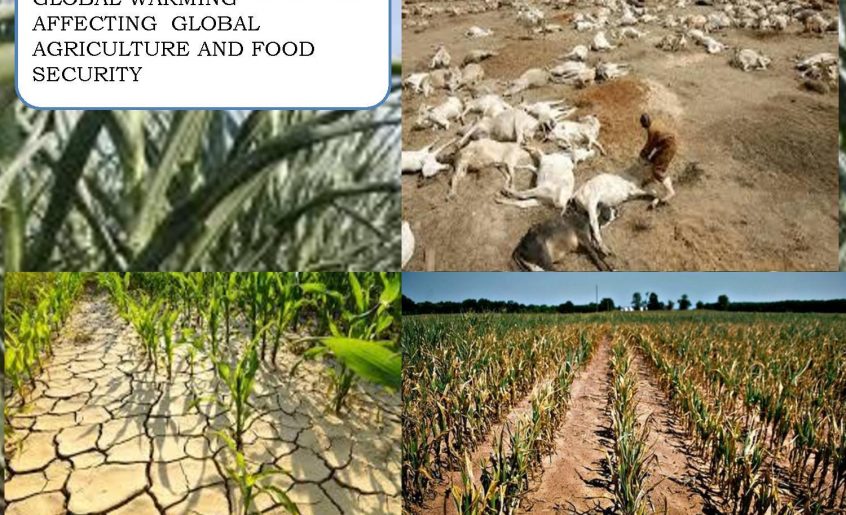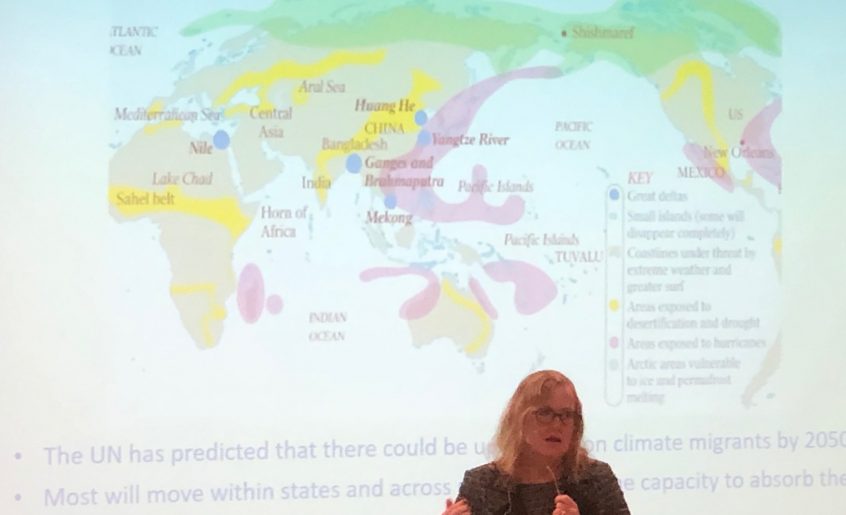
Did you know that climate change is now producing almost twice as many refugees as war? Did you realize that many conflicts are indirectly made worse by climate change, because it threatens critical resources such as food supplies and clean water, and because it exacerbates public health challenges such as mosquito-borne illnesses and viral infections?
Here’s the good news: we can cooperate in the face of cultural conflicts triggered by climate change and chart a safe path for the future of the human project. More than that: the disruptions of climate change offer an unprecedented opportunity to transform the social world, to democratize and globalize access to technology, and to revolutionize the way human economic and political systems operate. Climate change is not only a crisis, though it certainly is that. It is also a moment for innovative thinking about the human project.
C4C is a global network of research organizations uniting interdisciplinary thought leaders with diverse forms of expertise (for example, natural, social, and medical sciences; philosophy, history and humanities disciplines; public health, computer engineering, and grass-roots advocacy movements) to leverage a deeper understanding of the complex interactions between bio-physical and social systems for the sake of a just and sustainable human future. Climate scientists are brilliant at analyzing bio-physical climate systems. Social scientists are superb at grasping complex social systems. We combine these existing bodies of research with leading-edge computational modeling, data analytics, and powerful communication to generate new insights into the social impacts of climate change and to leverage revolutionary forms of social change.
Related stories

Climate change and state fragility
The Robert Strauss Center for International Security and Law has been intensively studying state fragility for the last fifteen years. The US Agency for International Development (USAID) Office of Conflict Management and Mitigation studies nations where state fragility co-occurs with climate risks. The result has been a host of nation-level reports, maps, datasets, publications, presentations, courses, and news reports on state fragility and climate risk.
The message here is that climate risk impacts state fragility in a wide variety of ways, intricately embedded in the social and geographical realities of each place. In some places the problem is rainfall and associated changes in food-production capacity. In others it is the availability of clean water. Researchers benefit enormously from the wealth of nation-specific research that already exists, including from the Strauss Center’s state fragility and climate risk project.

Climate change and security
The Social Science Research Council is an independent international non-profit research organization almost a century old. SSRC is committed to fostering innovation, investing in the future, working internationally and democratically, combing urgency and patience, and keeping standards high. SSRC also publishes valuable surveys, one of which covers the field of climate and security.
The climate and security literature review was generated by the SSRC’s Academic Network on Peace, Security and the United Nations, which is a product of the SSRC’s Conflict Prevention and Peace Forum and its Understanding Violent Conflict program. The network was SSRC’s response to an appeal from the United Nations Secretariat for a review of literature that can help guide UN researchers.

Climate and conflict conference
The University of Agder’s Rector Sunniva Whittaker and Dean of Social Sciences Anne Halvorsen welcomed an international group of researchers to the Climate and Conflict Conference in Kristiansand, Norway at the end of September, 2019.
The conference focused on the social impacts of climate. This is under-researched territory because it tends to fall into the gap between climate science and the social sciences focusing on security and conflict. It is precisely in this gap that the C4Consortium aims to focus its efforts.
